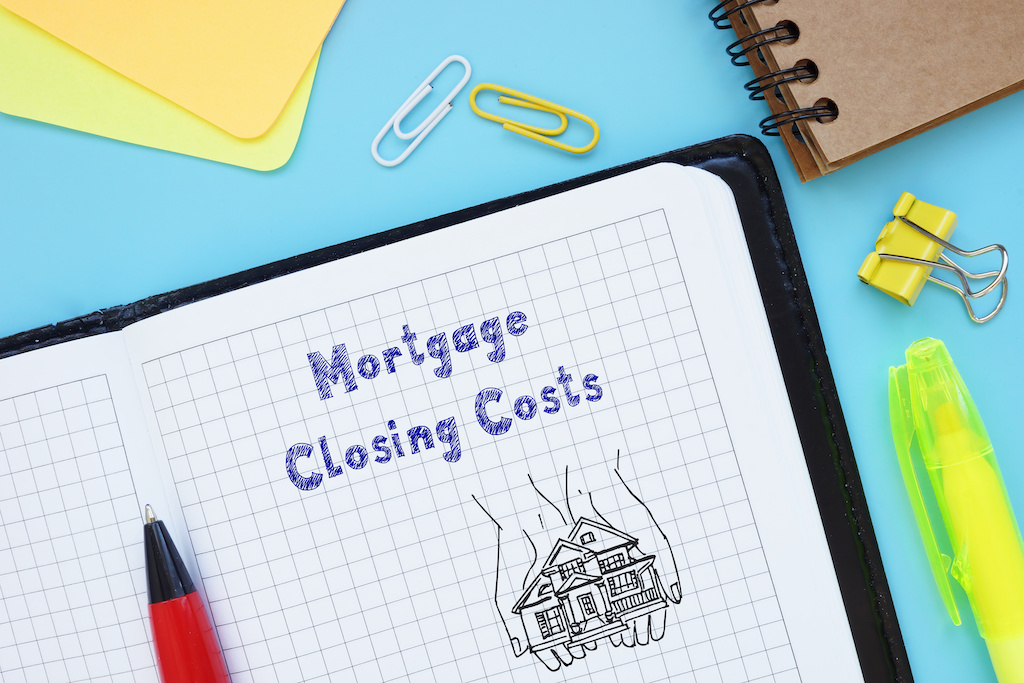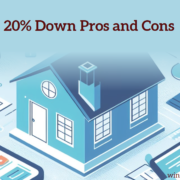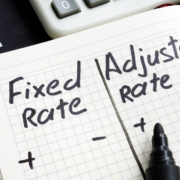Mortgage Closing Costs and How to Save

If you are planning to buy a home, you might be wondering what are mortgage closing costs and how much they will affect your budget. Mortgage closing costs are the fees and expenses that you pay when you finalize your home loan. They can include things like appraisal fees, title insurance, origination fees, recording fees, and are charged by third party service providers, government, and the lender. The typical costs range from 1.5% to 2% (or more) of the loan amount and are paid at closing time.
The stage of the loan will determine which closing costs document is available for you. If you are not yet in contract with the seller, you may receive an Approximate Loan Cost Illustration (ALCI) or similar document that gives you an idea of what the costs could be. After you get into contract, you will receive a Loan Estimate document as part of the Initial Disclosures. This is where you can see a sectionalized break down of the mortgage closing costs.
Some of the most common closing costs include:
- Appraisal: This is a fee that’s paid to an appraiser to determine the value of your home.
- Title and escrow service: This is a fee that’s paid to a title company to research the title of your home and to insure you and the lender against any title defects.
- Lender origination: This is a fee that’s charged by the lender for processing and underwriting your loan.
- Government fees: These are fees that are paid to the government for the transfer of real estate and to record the mortgage documents.
- Escrow or impound account: These are fees that are paid to an escrow account to hold money for property taxes and insurance.
- Homeowners insurance: This is insurance that protects your home from damage or loss.
- Prepaids: These are expenses you pay in advance of mortgage payments and cover a specific period of time. Prepaids typically include mortgage interest, property taxes, homeowner’s insurance, homeowner’s association dues, and mortgage insurance.
Ways to save on closing costs:
- Lender credits: Your lender may offer you credits as part of your loan. The amount of credits is dependent on the specifics of your loan scenario such as loan to value ratio, credit score, loan product and interest rate.
- Seller credits: The seller may offer credits as a sales incentive.
- Agent credits: Your buyer agent may offer you credits from part of the commission received from the sale.
- Rolling the closing costs: If you are refinancing, you can roll the costs into the loan amount. This does not reduce the costs but spreads it out over the life of the loan so you do not need to pay the entire amount at closing time.
- Keep in mind that any credits you receive for your home purchase cannot exceed the total closing costs.
Mortgage closing costs are an inevitable part of buying a home. It’s important to factor them into your budget when you’re buying a home. By understanding what goes into closing costs and possible ways to save, you can make your home buying process smoother.





Leave a Reply
Want to join the discussion?Feel free to contribute!